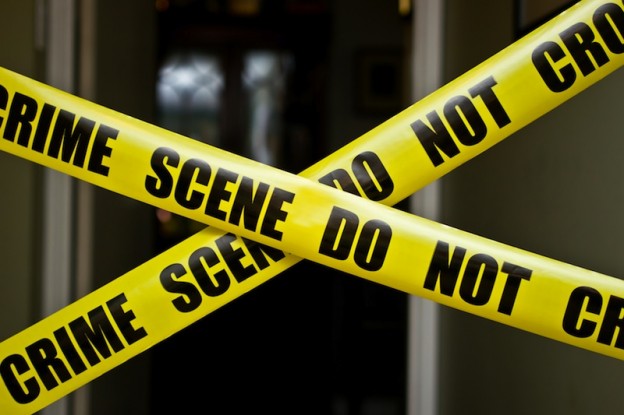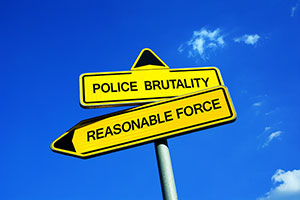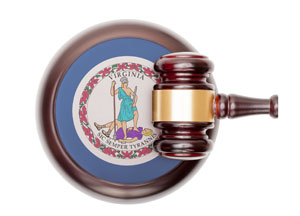Forensic car accident experts have offered theories on how the recent car crash involving famed golfer Tiger Woods took place.
The Accident
Tiger Woods, 45, was traveling north outside of Los Angeles when his 2021 Genesis SV80 SUV left its lane, crossed the median into the southbound lane, went off the road, hit a tree, then rolled over. Woods broke multiple bones in his right lower leg and his car sustained major frontal damage. He was alone at the time of the incident.
The Experts
Jonathan Cherney, a former police detective who provides car accident analysis as an expert witness in car cases, examined the Woods’ crash site in person. Cherney told USA Today Sports that, “To me, this is like a classic case of falling asleep behind the wheel, because the road curves and his vehicle goes straight.” Cherney continued, “It’s a drift off the road, almost like he was either unconscious, suffering from a medical episode or fell asleep and didn’t wake up until he was off the road and that’s where the brake application came in.”
Los Angeles County Sheriff Alex Villanueva said that there were no skid marks on the road to indicate braking. He said that he didn’t know the vehicle’s speed yet, but it may have been a factor. Inattentiveness may have also been a factor. Villanueva said, “This stretch of road is challenging, and if you’re not paying attention, you can see what happens.” He noted that the crash was “purely an accident” and that there was no evidence of impairment or medication. Woods was “lucid” at the time a sheriff’s deputy arrived at the scene.
Felix Lee, an accident reconstruction expert, noted that Woods’ vehicle did have anti-lock brakes, so “you wouldn’t necessarily see tire marks” at the crash scene even if Woods did slam on the brakes. Lee also noted that the vehicle did not change direction when it entered the curve. Lee opined, “My feeling is that speed wasn’t that much of an issue… It was just some kind of inattention that caused the curb strike.”
Rami Hashish, a principal at the National Biomechanics Institute, a company that analyzes the cause of accidents, said that the fact that Woods’ vehicle went about 400 feet before stopping without evidence of steering input suggests a “very delayed response” or that Woods was not paying attention at all. Hashish noted that Woods’ injuries would have been greater if he had been traveling at excessive speed. The speed limit at the site of the crash was 45 mph. Hashish said, “You can walk away with a broken leg from 45 to 50 mph… If you’re hitting 60, 65 and you’re hitting a stationary object, your likelihood of death increases exponentially.” If he was going 80 mph, “he wouldn’t be having an open fracture in this leg, he’d be dead.”
The LA Sheriff’s Department has said, “The traffic collision investigation is ongoing, and traffic investigators have not made any conclusions as to the cause of the collision.”













